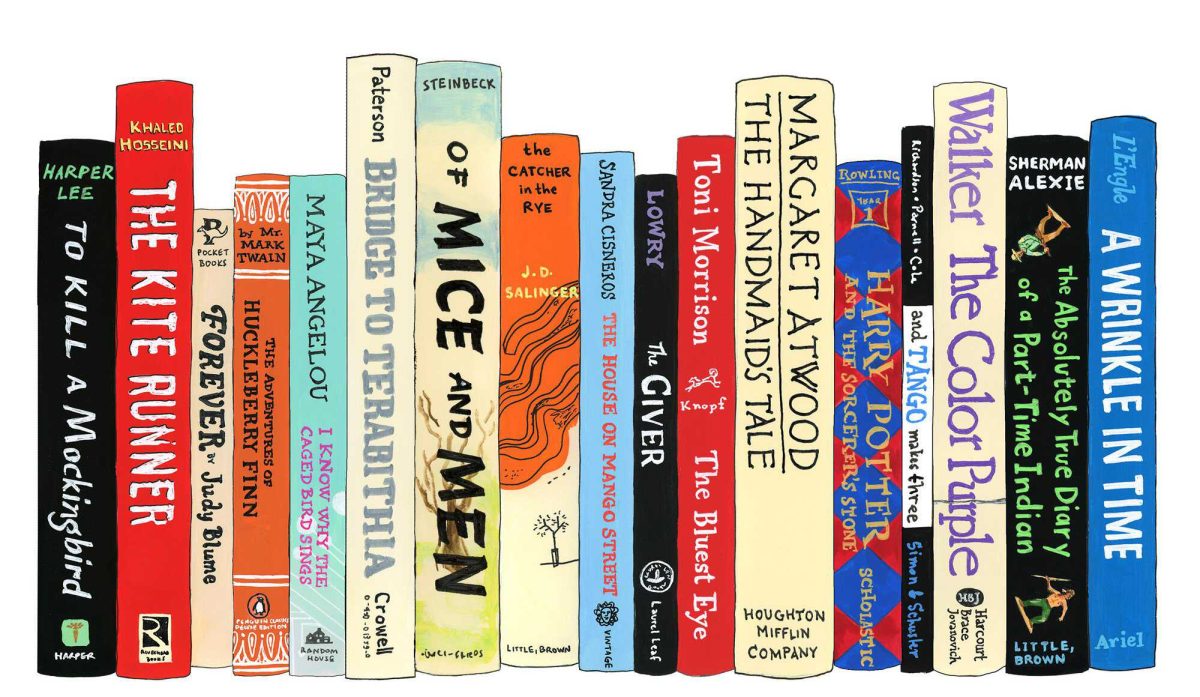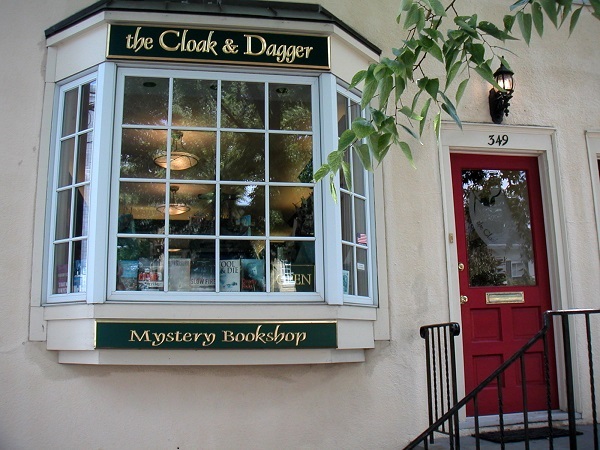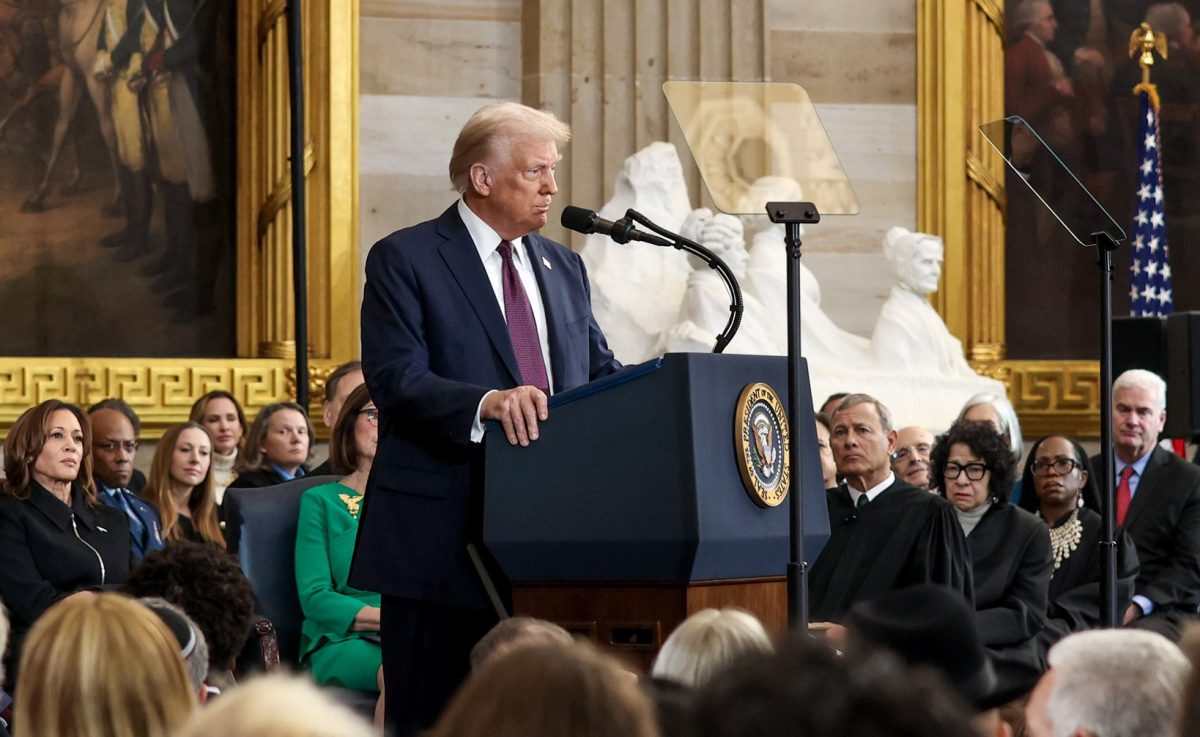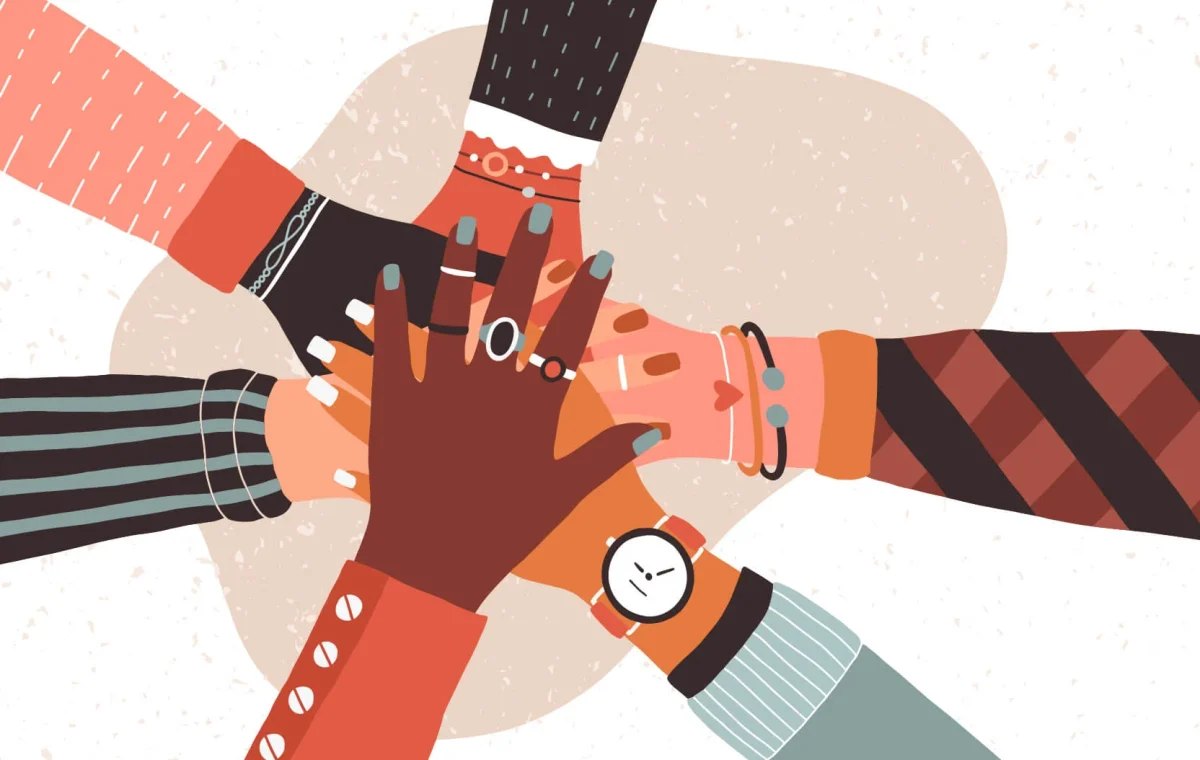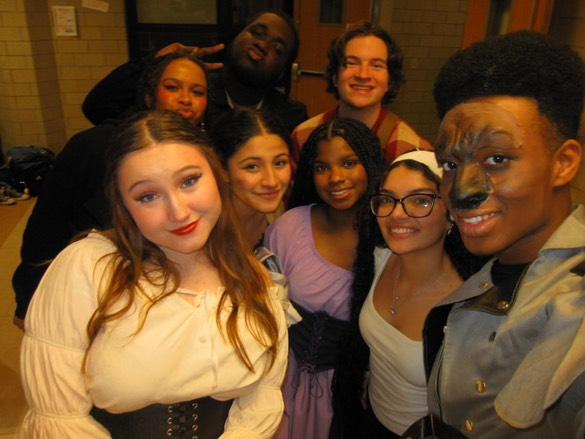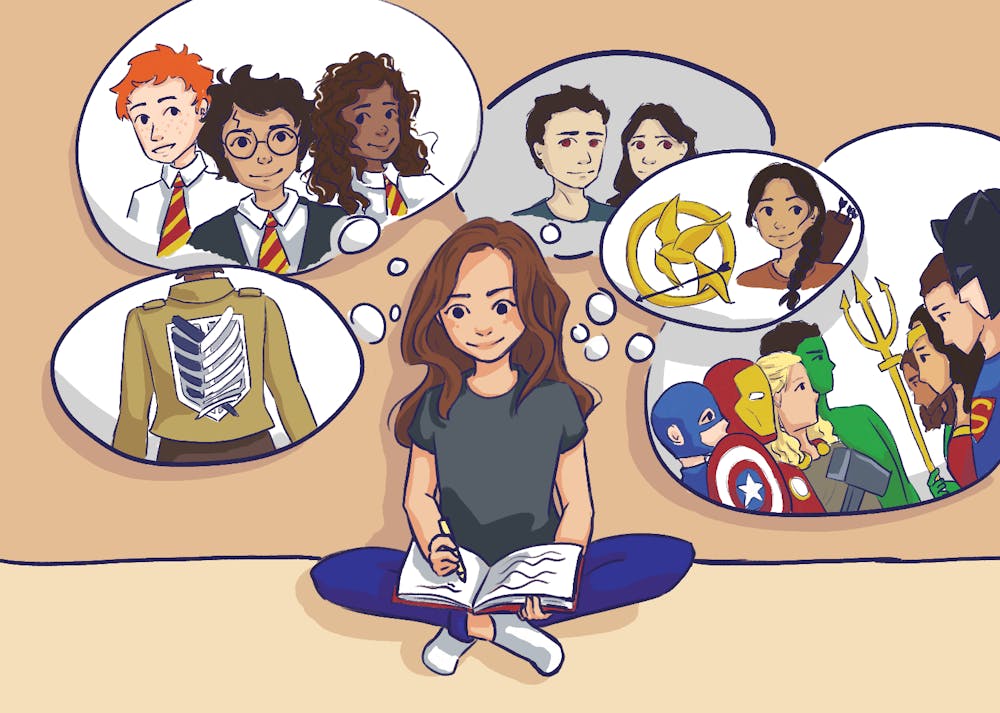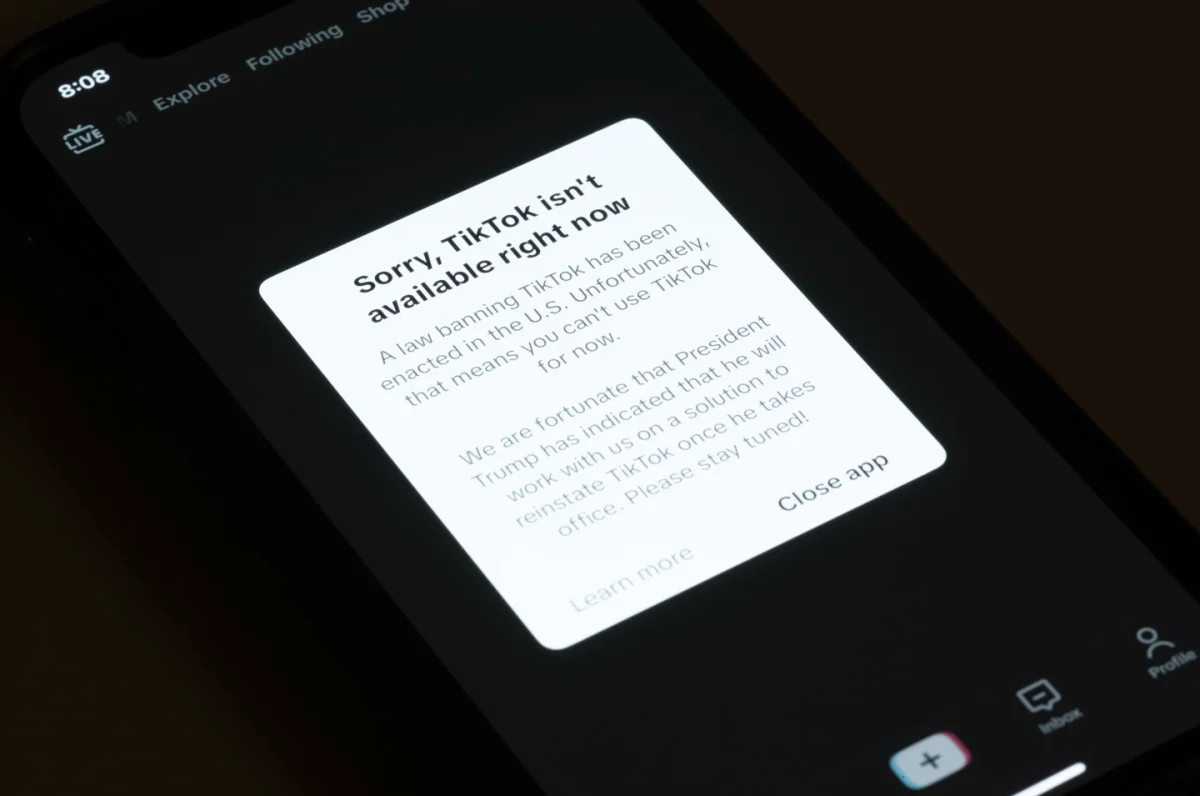Censorship in America has grown into a major problem. There is no place that is more apparent than in Florida.
On February 12, one teacher from the Miami-Dade County Public School district sent home a permission slip students needed to get signed in order to participate in a read aloud from an African American author. The identity of the author has not been released.
Many parents were confused over why the permission slip was sent home in the first place.
“My daughter didn’t even mention it to me,” Charles Walter, a parent of a first grader at the Miami-Dade County Public School district, said. “She didn’t want me to sign it because she thought it would be boring.”
The school district cited the slew of laws that have been passed concerning education, notably the Parental Rights in Education Act and the Individual Freedom Act, as the reason the permission slips were sent to parents.
The confusion over the laws didn’t end there. After the backlash, the superintendent of schools, Dr. Jose L. Dotres, was on damage control at a hearing over the incident.
“There is absolutely no need for any parent permission slip. Absolutely none,” he said.
The incident has sparked questions over what should be censored in school settings and who should have the power to censor material.
According to Pen America, which is an organization that is dedicated to protecting free speech in literature, 3,362 books were banned during the 2022-23 school year, with 40% taking place in Florida. The challenges to the titles mostly stemmed from unpopular opinions on the topics of race, gender, and cultural identity.
Book banning is being abused. It is drowning the creative voices of talented authors, trying to suppress the messages that these books were intended to portray. In a country founded on freedom, it is distressing.
Books are the key to unlocking new worlds, different lives, and cultures. We need different voices and perspectives to open our eyes and minds to them.
If you believe free speech is worth protecting, stand up to those challenging it in literature. If you would like to help, Pen America has numerous resources for those interested in taking up the fight. Because free speech is worth protecting, and the stronger the voices, the more likely people are to listen.
